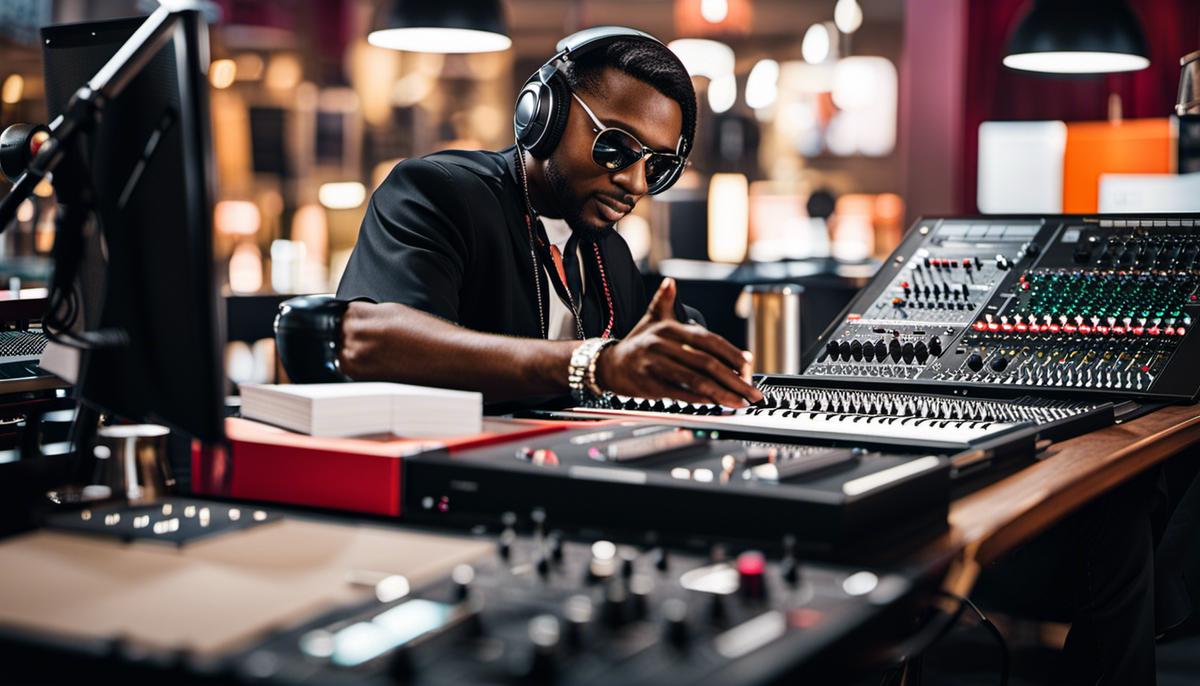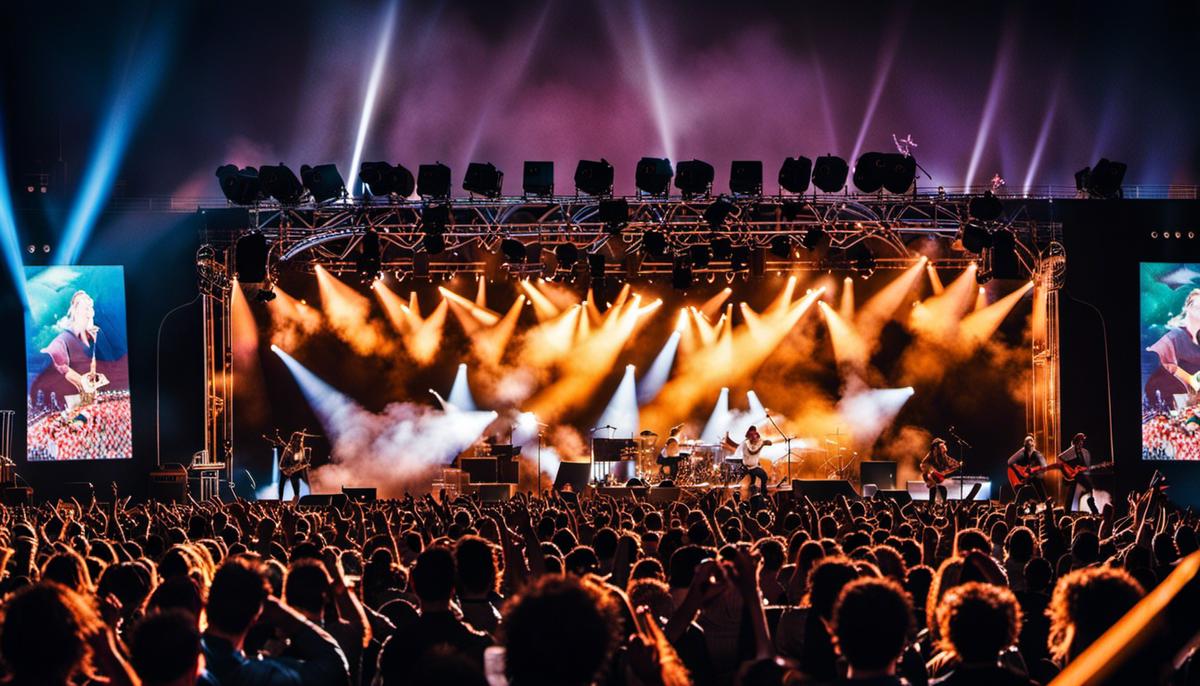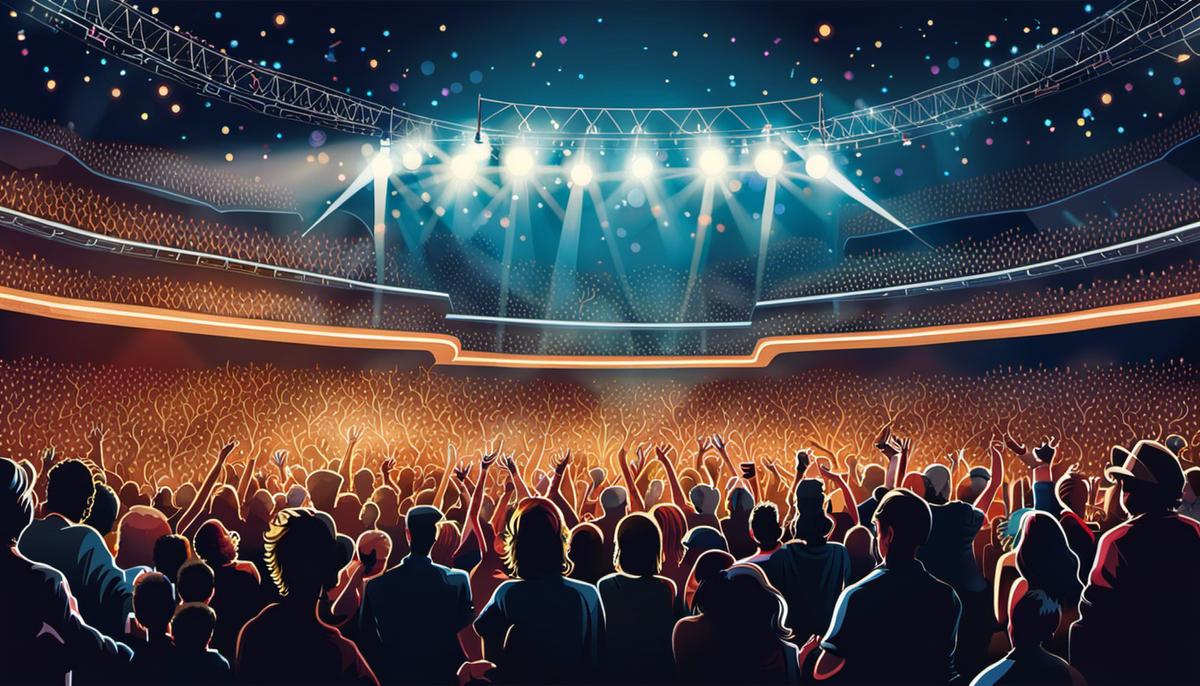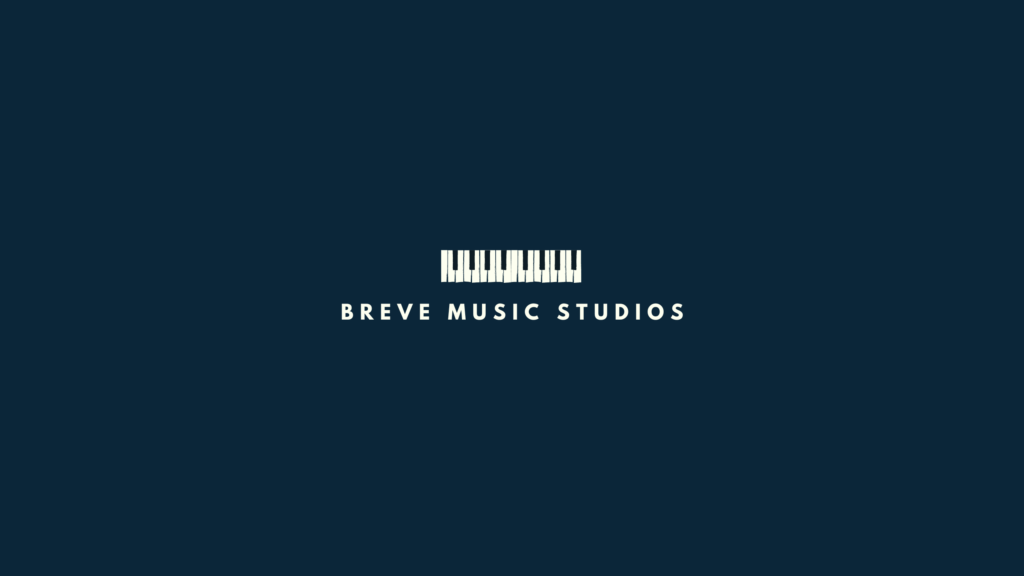Table of Contents
Introduction
At the heart of every successful live music event lies an understanding of the complex environment of music promotion, efficient planning, strategic marketing, and an effective assessment of results. Navigating the diverse landscape of promoting live music can be an uphill task with numerous players such as promoters, venue owners, and artists playing crucial roles.
This article explain sheds light on the importance of scheduling, venue selection, marketing, and more.
Understanding the Music Promotion Landscape
Understanding the Role of a Music Promoter
Promoting live music involves many key players, but music promoters are instrumental. Their main role is to create awareness and generate interest for a live music event by various means of marketing and advertising. They handle booking of artists, securing the venue, arranging for advertising, negotiating contracts with live music performers, and ensuring all details are sorted regarding ticket pricing, sales and distribution. Music promoters work closely with the artists and their managers, scheduling performances and coordinating all logistical elements for the concert or music event.
Types of Music Promotions
Music promotions vary greatly and are largely dependent on the target audience and the type of music event. Traditional promotions include radio broadcasts, print advertising, and television spots. These might range from a short radio clip plug or a full-page advertisement in a newspaper or magazine. Today, digital promotions are a major tool in the promoter’s arsenal. This can range from social media advertising, email marketing campaigns to online contests. Another type is street promotion which involves distributing promotional material like flyers and posters in urban areas to directly target potential attendees.
Promoting Live Music: Relationship with Venue Owners
The relationship between music promoters and venue owners is crucial in the success of live music performances. Venue owners contribute significantly to the promotion of live music. They provide the platform on which live music is showcased and can significantly influence the size and type of audience that a music event attracts. Negotiating with venue owners typically involves considerations around scheduling, ticket sales, and potential income from food and drink. Promoter and venue owner must be in sync in terms of understanding the target market and the type of acts that perform to optimize the success of live music events.
Working With Artists in Live Music Promotion
While promoters focus on the business and organisational side of a music event, they also work closely with artists. Artists, their managers, and their record labels play vital roles in the marketing of concerts and shows. This collaboration might range from social media takeovers, creating unique merchandising, to recording promotional soundbites and videos. It’s important for promoters to help amplify the artist’s voice while also aligning the promotion strategy with the artist’s branding and unique style.
Obstacles to Conquering in Live Music Promotion
Promoting live music isn’t a walk in the park; its uniqueness presents its fair share of difficulties. The timing must be impeccable, allowing for the building of anticipation before the event while also allotting a period for ticket sales. The fierce competition that exists, especially in oversaturated markets, is another hurdle to overcome. Where multiple events compete for the same audience, nuanced promotion can make all the difference. Budget restrictions can make things even more difficult, as can unpredictable circumstances. These could range from performer cancellations to changes in venue or unexpected public health advisories, any of which can severely disrupt even the most solid promotion plans.

Planning Live Music Event
Diving Deep into the Process: Planning and Promoting Live Music Events
The orchestration and promotion of live music events require dealing with a variety of tasks, which may vary from setting up schedules to hiring musical talents. These intricacies, when navigated appropriately, can set the stage for a successful live music event.
Choosing the Perfect Venue
Selecting a suitable venue is an essential part of live music promotion. Your choice of location significantly impacts the artistic atmosphere and audience experience. To choose the right venue, consider the event size and musical genre. Additionally, the venue should be in a safe, accessible location and should provide adequate facilities such as restrooms, disability access, parking, and security.
Event Scheduling and Budgeting
Organizing a live music event requires careful planning and attention to detail. The schedule needs to run smoothly, ensuring that every performance starts and ends on time. Adequate gaps between different acts are also necessary, giving time for equipment setting and sound checks.
Budgeting, on the other hand, is another crucial aspect that determines the scale and profitability of your event. Your budget should include costs for the venue, payment for artists, promotion and advertisement expenses, technical and security staff wages, and various other equipment and administrative charges. All these should be evaluated against the projected ticket sales and sponsorship deals to ensure a profitable event.
Securing Artists and Performances
Securing artists for a live music event involves identifying suitable talents, approaching them with a well-structured proposal, and negotiating contracts, including performance fees, setup requirements, and technical specifications. The diverse range of artists should match your target audience and should ideally include both established and upcoming talents to create a balanced lineup.
Understanding Audience Demand
Understanding audience demand is essential to the success of your event. Conduct market research to identify the musical tastes and preferences of your potential audience. This will guide your selection of performers and pricing strategy. Information gathered can also assist in targeted marketing and promotion efforts.
Projecting Potential Earnings
Projecting potential earnings is a delicate balance of estimating the audience turnout and evaluating the corresponding ticket revenue, sponsorship deals, merchandise sales, and possible media rights. Various elements, such as artist lineup, ticket pricing, date and time of the event, and economic conditions, can significantly influence these estimates.
Negotiating with Artists
Negotiating with artists involves discussing performance fees, necessary accommodations, and technical requirements. It’s necessary to strike a balance between meeting the artists’ expectations and keeping within the event budget. Industry-standard contracts are often used in negotiations, as they ensure that all parties’ requirements are met.
The art of successfully organizing and promoting a live music event involves numerous steps, such as selecting the ideal venue, plotting out the schedule, substantial budgeting, assessing audience interest, and booking the right artists. Each of these aspects greatly contributes to the success of your promotional efforts for the live music event.

Marketing and Advertising Strategies
The Role of Traditional Marketing in Live Music Promotion
Despite the digital era, traditional marketing strategies still hold substantial value in promoting live music events. Print advertising, for instance, has stood the test of time. Creating impactful posters or flyers for distribution or display in record shops, cafes, bars, and other local spots is seen as a standard procedure. Also, local newspapers and music-focused publications often feature sections dedicated for advertising upcoming gigs and concerts.
Another crucial aspect embedded in traditional music promotion is the utilization of radio. Some bands and musicians often secure airtime to play their tracks or talk about their upcoming events. This approach not only publicizes the performance but also provides listeners with a sample of their music, thereby enticing them to attend the gig.
Moreover, sponsorships, a traditional marketing technique, also play a role. Bands or individual artists can collaborate with local businesses, seeking their sponsorship for events. These enterprises can offer financial backing or services in exchange for publicity during the concerts.
Digital Marketing Strategies for Live Music Promotion
In the digital era, online strategies for live music promotion have become increasingly important. Social media marketing is at the forefront of these strategies. Musicians and promoters can use platforms such as Facebook, Instagram, and Twitter to spread the word about upcoming shows. Regular posts, live videos, and sharing behind-the-scenes content can all generate excitement about the event.
Another effective online strategy is email marketing. Bands and promoters can gather email addresses from fans (through website sign-ups, for example) and send out regular newsletters to keep them informed about upcoming events. These newsletters can include exclusive content, ticket pre-sales, or special offers to reward loyal fans and incentivize attendance.
Online Ticket Sales for Live Music Promotion
Selling tickets online has become an integral part of live music promotion. Many customers prefer the convenience of purchasing tickets online and printing them at home or using mobile tickets. Using online ticketing platforms allows artists to reach a broader audience and makes the buying process easier for fans. Moreover, the use of these platforms often comes with promotional tools, such as the ability to share the event on social media or send email invitations.
Understanding the Significance of Consistency and Timing in Live Music Promotion
Regardless of the strategies implemented, key elements in effective live music promotion lie in consistent interaction and excellent timing. Regular posts on social media, scheduled email newsletters, and timely appearances on print and radio can ensure that the event continually occupies the mindset of potential attendees. Effective promotion is the bridge between a deserted venue and a packed house. Thus, investing in tip-top promotional strategies is fundamental to achieving success in the realm of live music.

Measuring the Success of Your Promotion
Evaluating Success in Live Music Promotion Through Key Performance Indicators
The success of a live music promotion is fundamentally gauged by the total of ticket sales. Consider this as the most direct metric that spells out how effective the promotional stint was. Monitoring ticket sales can offer a wealth of information about which promotional approach has paid off in the past and which ones have fallen short. For instance, a sudden upswing in ticket sales following a social media campaign clearly indicates the effectiveness of that particular strategy.
Simultaneously, possessing an understanding of the venue’s capacity is a decisive factor. High ticket sales are undeniably desirable, however, if the venue is not entirely sold out, it flags the need to further enhance the promotional efforts. Therefore, contrasting real-time ticket sales with the venue’s full capacity can provide a vivid understanding of the promotional success or areas that demand additional improvement.
Social Media Engagement and Audience Interaction
With the rise of social media, the success of live music promotions can also be measured through online engagement. Monitor metrics such as likes, shares, retweets, comments, and click-through rates on posts related to the event.
The volume of user-generated content can also indicate success in capturing audience interest. This includes posts that tag the event or use an associated hashtag, photos from a concert shared online, or check-ins at the venue.
Feedback and Satisfaction Ratings
Alongside measuring ticket sales and online engagement, gathering direct feedback from attendees is invaluable. This can be done through post-event surveys, asking concert-goers to rate their experience and provide feedback on various aspects of the event.
This direct feedback can provide insights into the overall mood and atmosphere of the concert, the perceived quality of the line-up, sound quality, venue facilities, and even the effectiveness of pre-event communication. The data gathered can then be used to improve future events.
Online and Offline Analytic Reviews
Reviews on online platforms such as Google, Yelp, Facebook, or even music blogs and magazines are another place to look for feedback. Negative reviews provide an opportunity to improve certain aspects of the event, while positive reviews can be used in promotional materials for future events.
Finally, offline word-of-mouth reviews are also important. Despite not being as trackable as online mentions, they can have a significant impact on a promoter’s reputation and subsequent ticket sales. Thus, always strive to create a memorable live music experience that attendees will want to rave about offline as well.
Media and PR Coverage
The amount and quality of coverage in the media and press releases can show the reach of your promotional efforts beyond the immediate ticket-buying audience. If there’s significant buzz leading up to and following your event, this can be indicators of a successful promotion strategy.
Conclusion
There are multiple metrics and KPIs to measure the success of your live music promotion efforts. Carefully monitoring these can help you improve future events and better understand your audience’s needs and expectations.
Ensuring that you have the right tools to measure the success of your promotion, be it through ticket sales or the overall satisfaction rating of your event, is a significant aspect of the promotion process. Thus, with the insights gleaned from this analysis, anyone with a passion for music and promoting live events can take confident strides towards successfully conducting remarkable live music events.
Additional Reading
Take some time to check out our other articles:
- Popular Music Industry Careers
- 10 Popular Music Jobs
- 7 Essential Music Production Tools Under $100
- AI In Music Production
Breve Music Studios publishes music to Spotify, YouTube Music, Amazon Music and more. Follow our pages on Facebook, Instagram, Twitter, TikTok, and YouTube.
Listen to our ensembles: Breve Orchestra, Breve Music Ensemble, Breve Low Brass Ensemble, Breve Woodwind Ensemble, and Jermaine Harris on Spotify.

